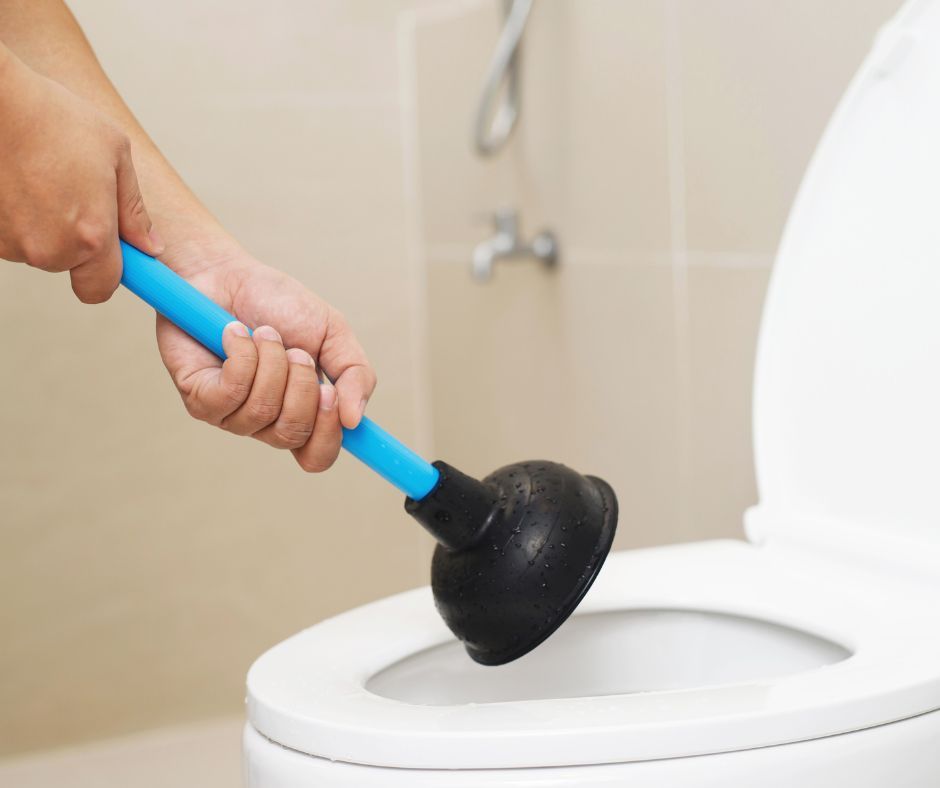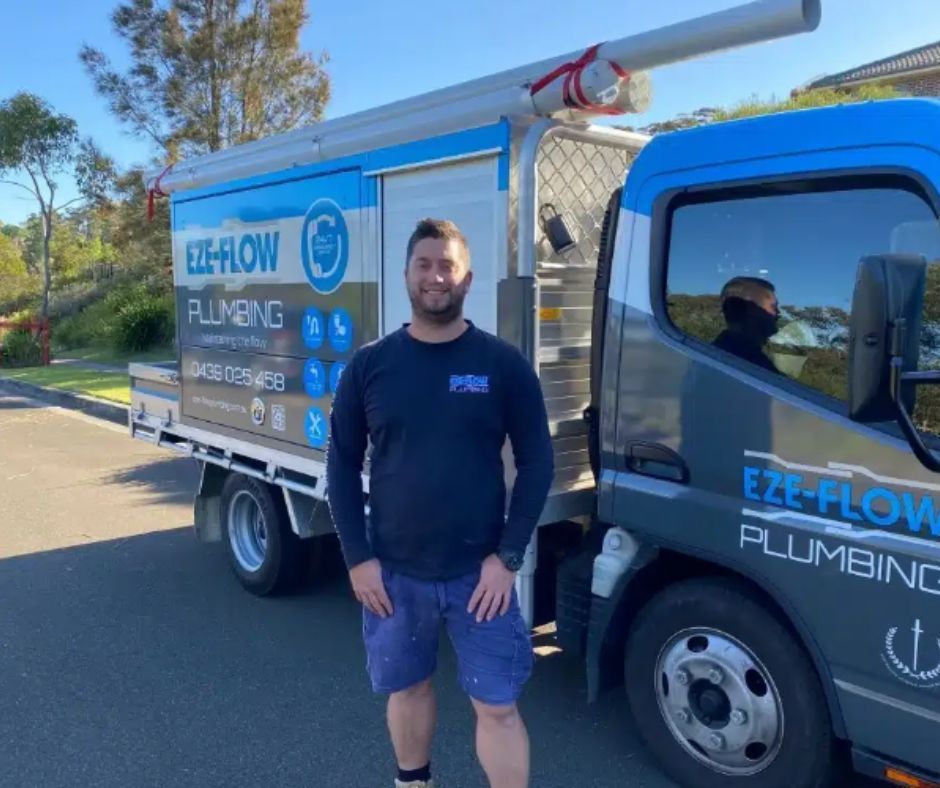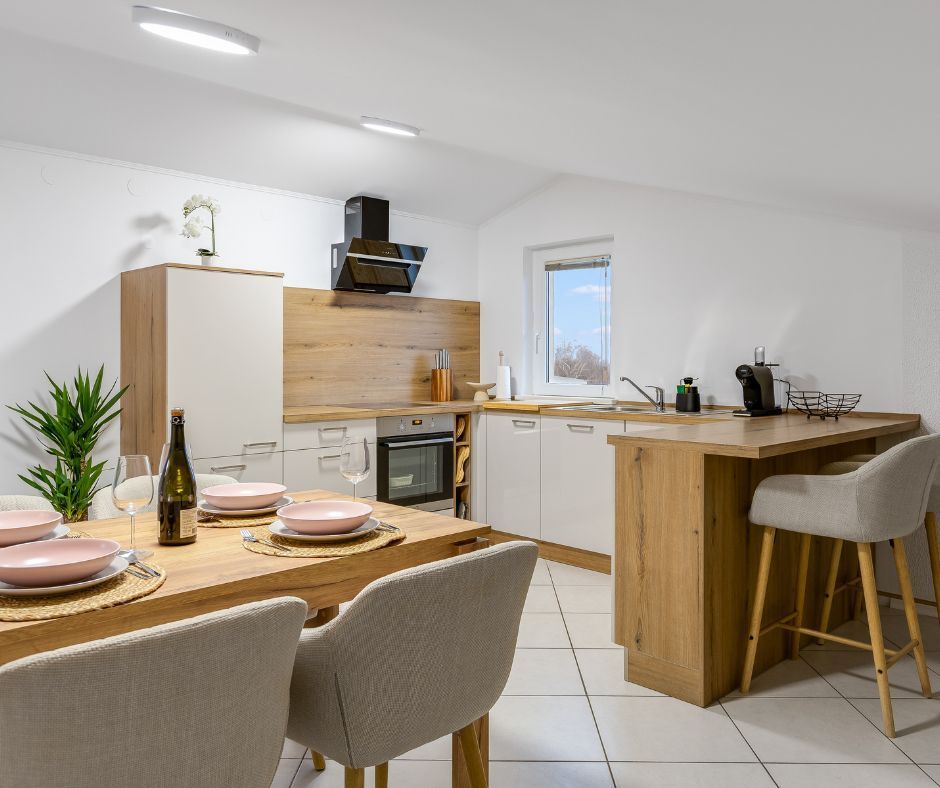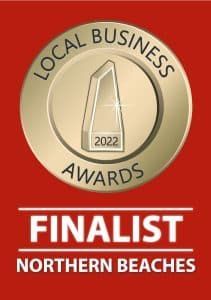Time to Change Hot Water System? Discover the Signs Today
Having a reliable hot water system is essential for keeping your home comfortable, yet it's something that is often taken for granted, not until something goes wrong. Whether it's the shock of stepping into a cold shower or hearing odd noises coming from your water heater, these may be signs that it’s time to opt in – change of hot water system.
Understanding when to replace hot water systems can save you from the inconvenience of a total breakdown and even lower your energy bills in the long run. Let’s explore the key signs that indicate it might be time for an upgrade and help you find the perfect system fit for your home. Keep reading to learn more!
Types of Hot Water Systems to Consider Before Replacement
Thinking about replacing your hot water system? It’s good to know what options are available, especially since choosing the right one can make a big difference in your comfort and utility bills. Let’s dive into the four main types of hot water heaters available in the Australian market:
1. Gas Hot Water Systems
Gas heaters are powered by natural gas and LPG are typically efficient, especially in homes that already have a gas line. These systems heat water quickly, making them a reliable option for larger households.
2. Electric Hot Water Systems
These are among the most common hot water systems used in Aussie households. While they can be a bit pricier to run compared to gas systems, they are easy to install just about anywhere since there’s no need for a gas connection.
3. Solar Hot Water Systems
If you’re keen on being eco-friendly, solar hot water systems are a brilliant option. They use the sun's energy to heat water, which can slash your carbon footprint and energy bills. These systems also come with backup electric or gas boosters to keep the hot water flowing during those cloudy days. However, Eze-Flow Plumbing does not install solar hot water systems.
4. Heat Pump Hot Water Systems
These systems pull heat from the surrounding air and are known for their energy efficiency. However, we don't install or recommend heat pumps due to their poor quality and high cost. In fact, you're likely to pay four times more than you would for a high-quality, reputable regular system.
Two Main Categories of Hot Water Systems
When it comes to hot water systems, aside from the fuel source, there are two main categories to choose from. These are:
Continuous Flow (Tankless) Systems
These heaters only heat water as needed, making them super efficient. They provide a continuous supply of hot water, which means you’ll never run out mid-shower! On the downside, they do come with higher installation costs compared to traditional storage systems.
It’s also important to note that they require an outdoor GPO for the auto-ignition. At Eze-Flow Plumbing, we work closely with a trusted electrician and can arrange for the GPO to be installed at the same time as your new hot water system to make the process seamless and hassle-free for you.
Storage Systems
Storage heaters have a tank that stores a set amount of hot water. These systems can sometimes be a bit less efficient because they keep heating the water even when not in use, but they are often more affordable upfront.
It’s also worth noting that gas storage tanks will reheat in about an hour once empty, whereas larger electric models typically only heat up once a day, which may not suit households with high hot water demand.
Signs That It's Time to Replace a Hot Water System
It’s important to keep an eye on your hot water unit’s health. If you notice any of the following signs, it might be time to consider the option involving a change in hot water systems:
1. Leaking Water from the Hot Water Tank
Water pooling around your hot water system is a clear sign that something's wrong. Leaks are often a result of internal corrosion or faulty parts. If left unaddressed, leaks can cause significant water damage to your home and increased water bills.
2. Rusty or Dirty Water
If the water coming from your hot water taps looks orange, rusty or smells off, it could mean your tank’s corroding from the inside. Over time, rust can build up and mess with your hot water supply.
3. Unusual Noises
Hearing strange sounds like popping or rumbling from your hot water system? That’s usually a sign of sediment build-up. As the sediment hardens, it hardens, it not only makes noise but also reduces your system’s efficiency and potentially leads to damage.
4. Fluctuating Temperatures or No Hot Water
If your water temperature is inconsistent or you’re suddenly without any hot water, it could mean that your system is struggling. This might be down to a failing heating element or thermostat.
5. Age of the Hot Water System
Like most appliances, hot water systems have a lifespan. If yours is hitting the 10-year mark or more, it’s more likely to fail and is probably less energy-efficient than newer models. If it's getting on in years, it may be time to replace the hot water unit before it gives up completely.
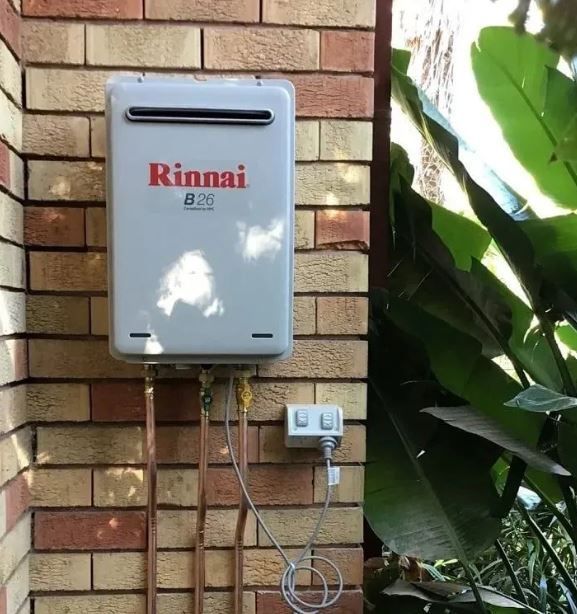
Considering Replacing the Hot Water System? Check Out Their Lifespan
Each type of hot water system comes with an expected lifespan, though actual performance may vary on the type and proper maintenance. Here’s a general idea of how long each system should last:
Gas Hot Water Systems: Typically last 8-12 years.
Electric Hot Water Systems: Generally last 10-15 years.
Solar Hot Water Systems: Expect about 12 years of service.
Heat Pump Hot Water Systems: Can last up to 10 years.
Tankless or Continuous Flow Water Heaters: These systems can last 15 years or more.
Keep in mind that these are rough estimates. How long your hot water system lasts really comes down to how well it's looked after, along with factors like water quality and pressure. Regular servicing can make a world of difference in extending the life of your hot water system.
Key Considerations Before Replacing a Hot Water System
Picking out a new hot water system is a big decision, so there are a few things you’ll want to think about before jumping in:
Your Household's Needs
The size of your household affects what kind of system you need. A family of five is going to use a lot more hot water than someone living solo. Make sure you choose a system that can keep up with your daily hot water demands.
Size and Capacity
Depending on your hot water usage, the location of your hot water system and how much space you have available in your house or unit, you’ll need a system with a capacity that suits your needs. Bigger households should opt for larger tanks or continuous flow systems to avoid running out of hot water during those busy mornings.
Type of Hot Water System
Take time to explore the types of hot water systems available. Gas, electric, solar, or heat pump—each has its pros and cons. Consider what works best for your home, location, and budget.
Qualified Installer
Always go with a licensed professional to install your system. Poor installation can lead to inefficiency and safety issues. It’s worth investing in professionals that can get the job done right the first time.
Budget
Upfront costs can vary significantly depending on the system you choose. Consider both the initial purchase price and the long-term savings on energy bills when making your decision.
Available Location and Space
Storage systems require more room than continuous flow systems. If space is limited in your home, a tankless system might be the better option as it takes up less room.
Energy Efficiency
Energy efficiency is a big deal these days, and for good reason. Choose a system that works efficiently to save on energy costs and reduce your environmental footprint.
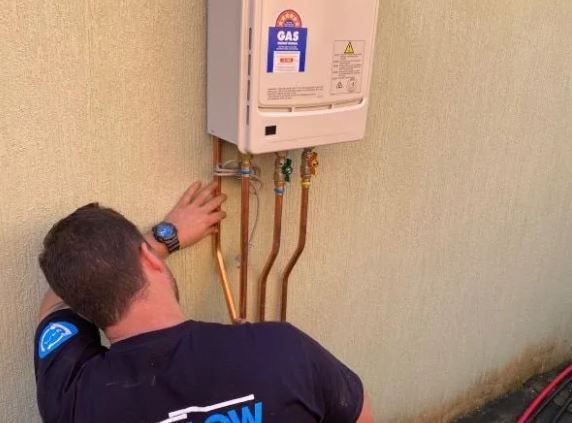
Need to Change the Hot Water System? Call Eze-Flow Plumbing Today!
If you’re noticing any signs that it’s time for replacing the hot water system, don’t wait for things to get worse!
With years of experience and a dedication to top-quality service, Eze-Flow Plumbing is here to help you choose and install the perfect hot water system for your home. We specialise in hot water unit repairs or replacements for the trusted brands of Rheem and Rinnai, ensuring your system remains reliable and efficient for years to come.
Our expert plumbers are ready to assist with any concerns regarding your hot water system in the Northern Beaches or hot water unit in the North Shore. Let us help you change the hot water system to improve your home's hot water supply with a system that works best for you!
Contact us today to schedule a consultation!



